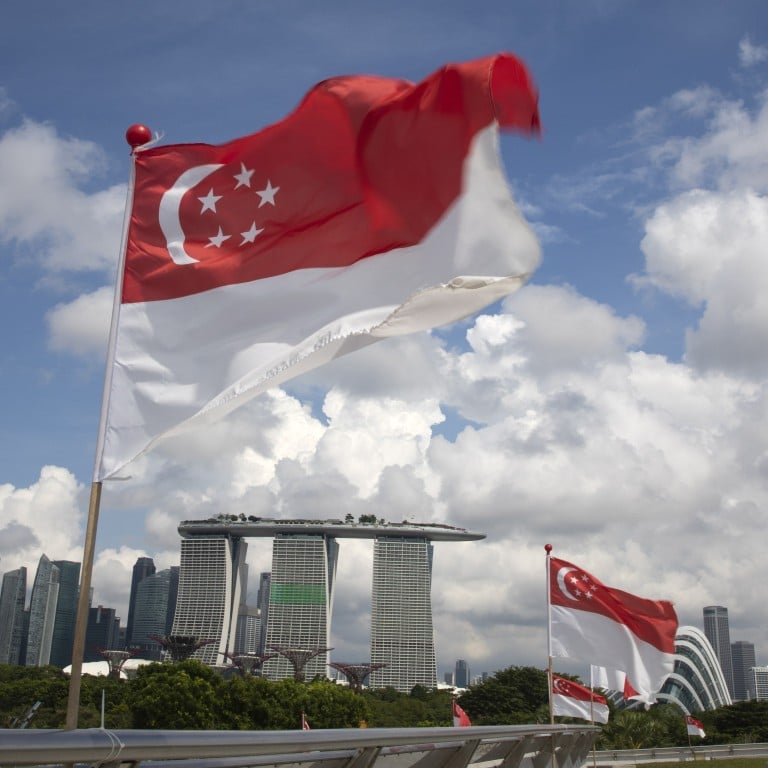
Singapore families dismayed over rising inequality as inflation barely dents luxury home sales
- Soaring inflation, growing rich-poor divide and declining social mobility have left middle-class families feeling the squeeze
- Those less well-off may have to dip into their savings and cut discretionary spending, analysts note, even as government moves to address wealth gap
Singapore’s core inflation gauge, which excludes accommodation and private transport, climbed to the highest level in almost 14 years in July. Some observers have suggested a global recession cannot be ruled out in 2023.
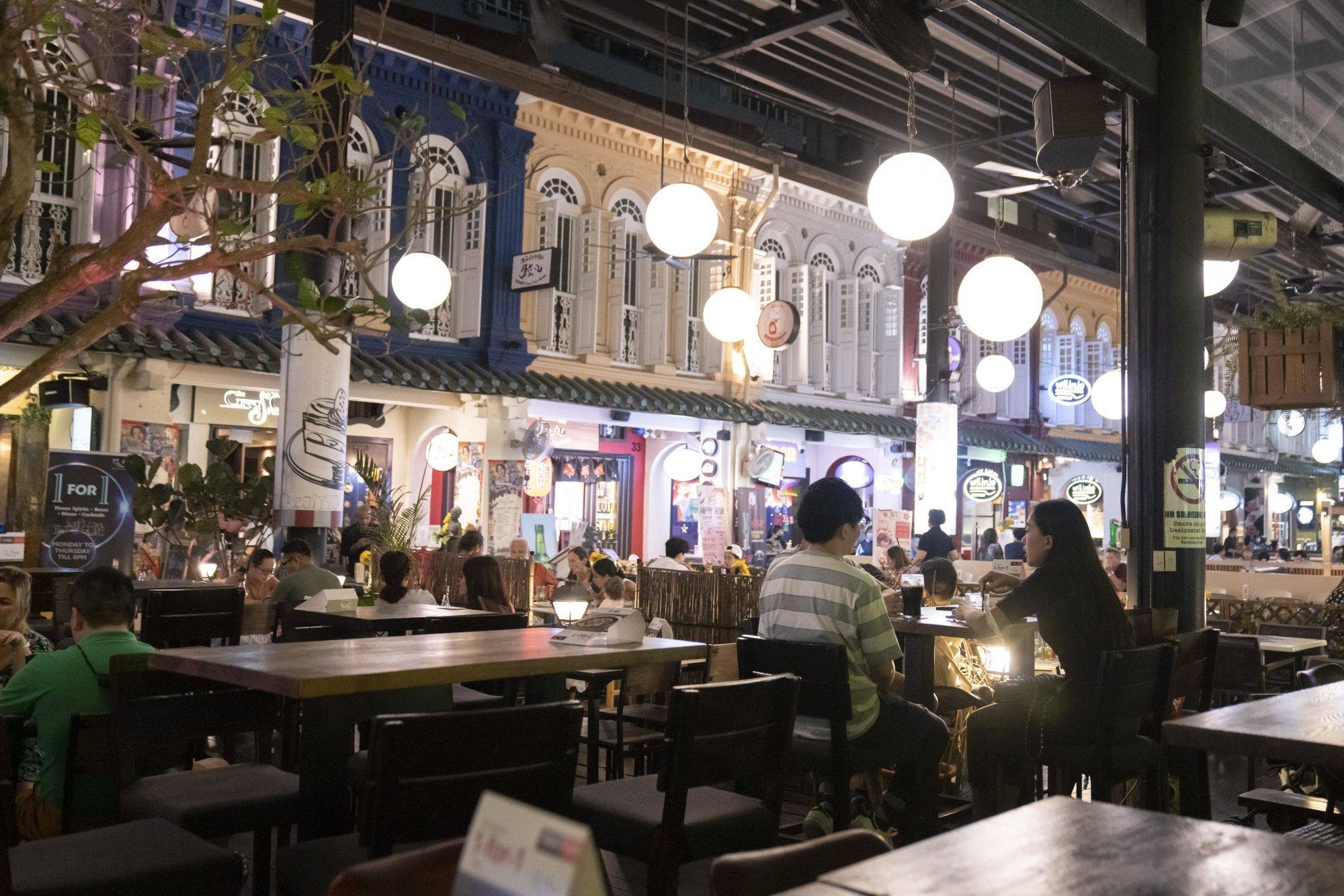
Guan’s family has begun tightening the purse strings by largely staying home during weekends instead of dining out like they used to. This leaves them savings of about S$2,000 a month, he says.
For middle-class Singapore, the gnawing pain of higher prices is worsened by what Guan describes as the “ostentatiousness” of high-net-worth individuals in the country, with recent headlines about ultra-rich foreign nationals snapping up multimillion-dollar luxury homes.
The island state this week unveiled a new long-term visa for high-earning foreign nationals as part of efforts to attract top global talent. Property market observers say the market is red-hot due to tight supply and new foreigners coming to the country following the easing of its Covid-19 restrictions earlier in the year.
Prices of private homes rose 3.2 per cent in the second quarter of the year compared to the first quarter, but public flats – where some eight in 10 Singaporeans live, and are meant to be affordable – are also making headlines for selling for more than S$1 million. The record so far is at S$1.418 million.
Singapore fast-tracks aid for families as inflation soars amid Ukraine war
Families like Guan’s also cannot afford to own a car, which in Singapore entails buying a certificate of entitlement (COE) on top of the price of the vehicle.
COE prices have been at an all-time high in recent months, with the cost of one for a new small car under 1,600cc at S$87,889 in the middle of August.
“I’m quite worried for them,” Guan said, referring to the future of his daughters, now aged seven and four. “Everything is increasing in price but salaries are not increasing.”
Laavanya Kathiravelu, a sociologist and associate professor at the Nanyang Technological University, said the rich-poor divide was growing globally and Singapore was no exception.
“Particularly as it does not have a property gains tax or inheritance tax to even the playing field,” she said. “Those who already own property, or who are born into high socioeconomic status households, are already at an advantage. With social mobility declining, it is becoming more difficult to overcome these divides and move upwards in terms of socioeconomic status.”
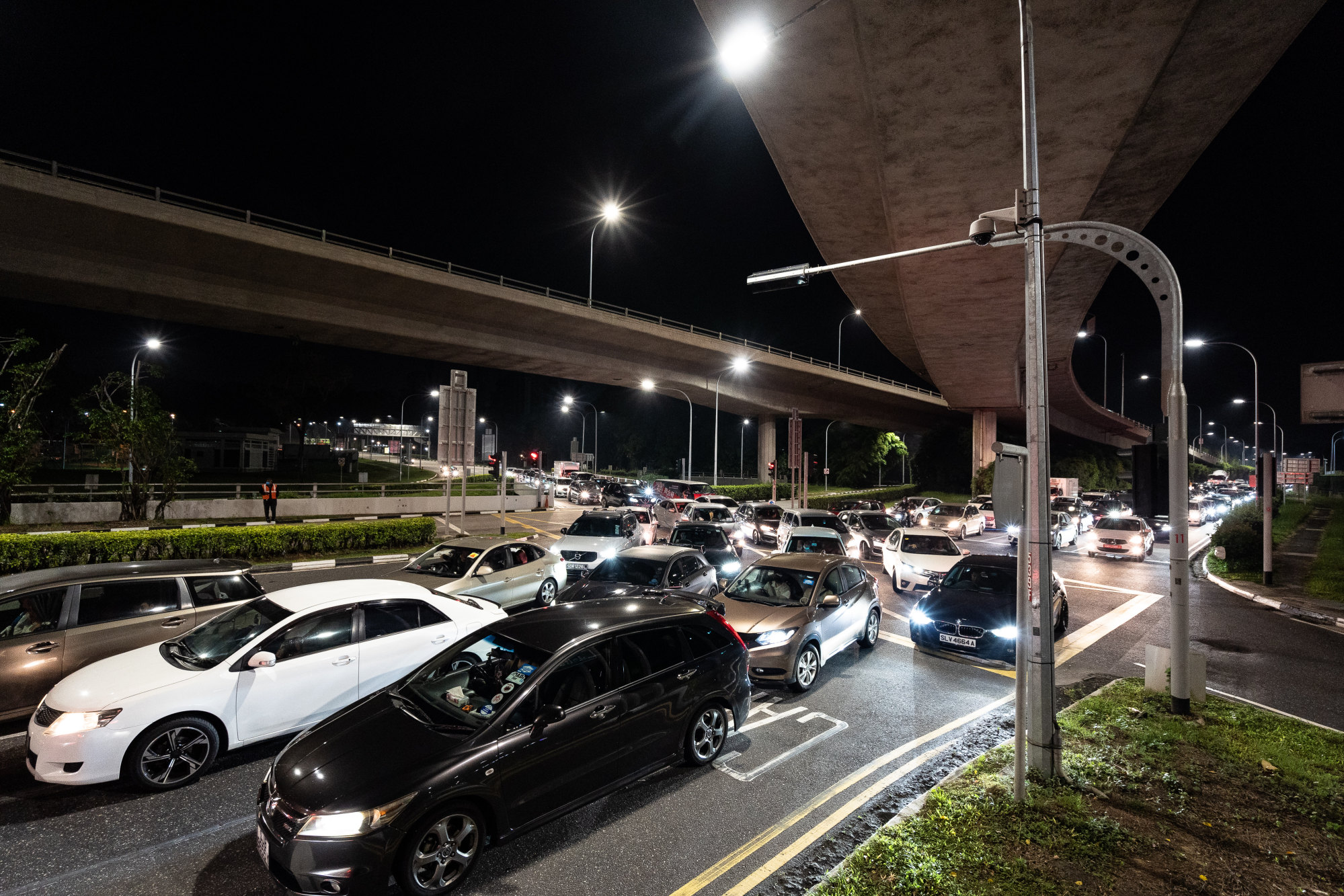
Bleak social mobility outlook
Current data does not actually show a growing rich-poor divide. As of 2021, Singapore’s Gini coefficient was at its lowest since 2011 – even before accounting for government transfers. Last year’s household incomes also increased across the board except for the 10th decile which saw a 1.1 per cent drop.
The data, however, was from before the Ukraine war and subsequent inflation and rising interest rates.
Kathiravelu said the rich also derived income from assets such as renting out properties compared to people who were just wage earners.
Forward Singapore campaign: What’s in it for citizens and for Lawrence Wong?
Sociologist Tan Ern Ser, from the National University of Singapore, said compared to higher-income groups, those less well off also spent more of their income on necessities such as food and household items.
They might also have to dip into their savings and “cut down on discretionary spending like eating out, going to the movies and on holiday”, Kathiravelu added.
Data from 2017 and 2018 showed households in the lowest two deciles spent 8.8 per cent of their income on food, compared to just 4.1 per cent for the top two deciles.
Current inflation has increased the expenses of all households on food by 3.7 per cent in the first half of this year compared to a year ago.
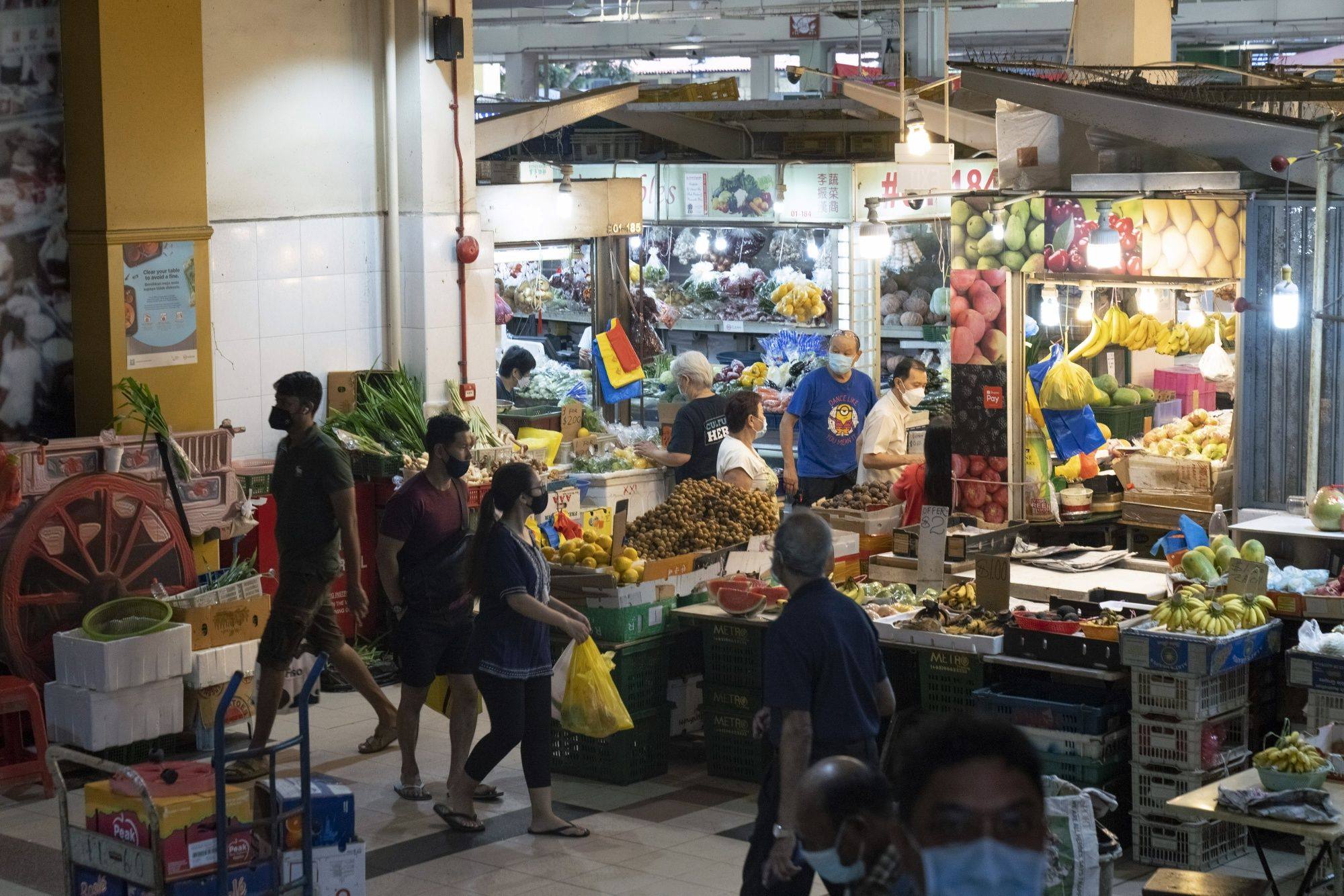
Findings released by the Institute of Policy Studies in 2019 reflected a bleakness in the population about social mobility. Then, only 44 per cent of those with a university degree were hopeful of upward mobility in 10 years’ time, with the figure falling to 40.6 per cent for Singaporeans with vocational training or a polytechnic diploma. For those with secondary school education or below, only 23.8 per cent expected to do better in future, with 10.6 per cent thinking they would be worse off.
Those feelings persist today. A smaller survey of 201 residents done by NGO Access Singapore last July found that 72 per cent of those polled said it was getting harder for children from low- and middle-income families to get ahead in Singapore based on their abilities.
“I reckon it makes it much harder, though not impossible, for the middle-income to cross the divide between public and private housing, and public and private transport,” Tan said.
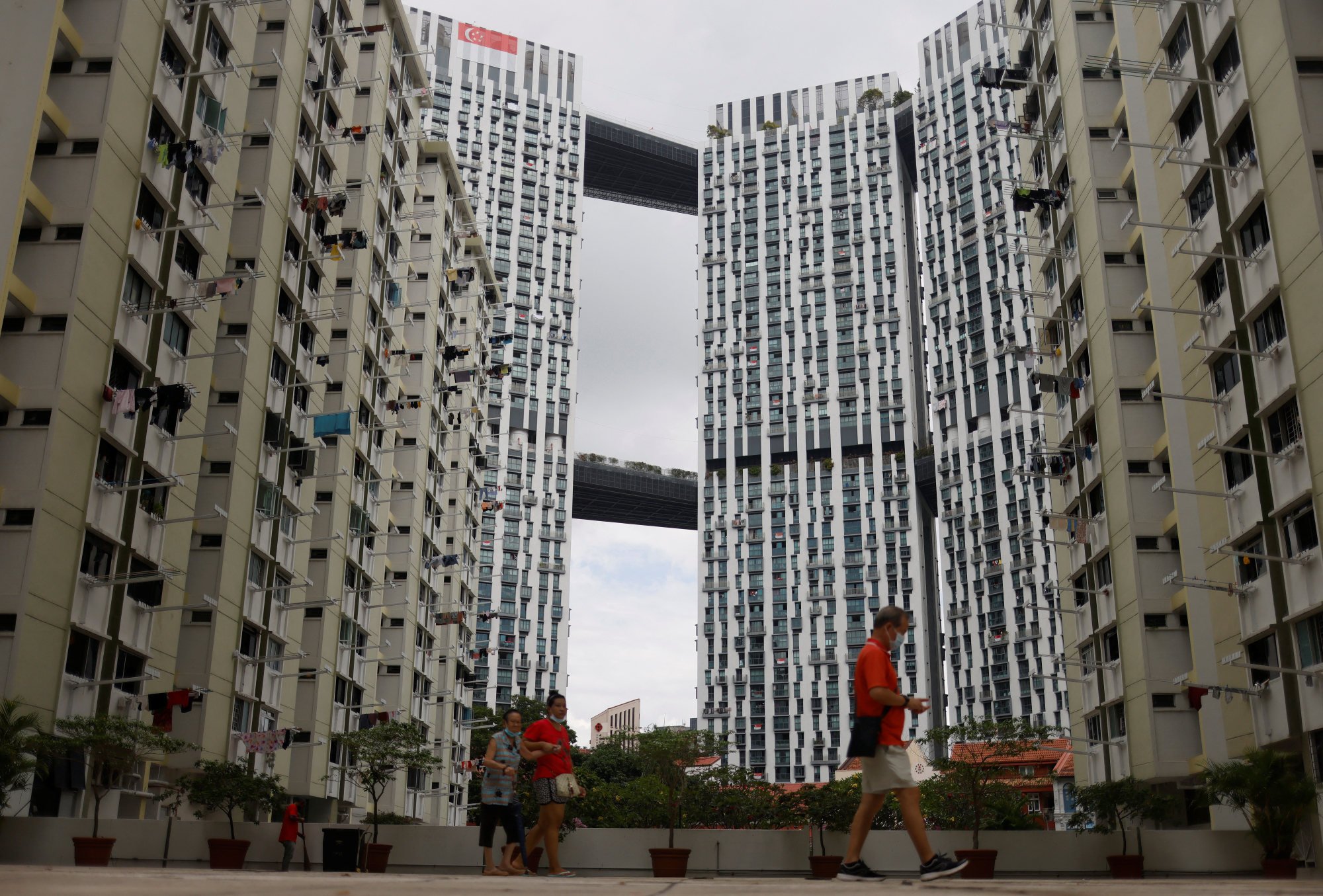
Defining Singapore’s ‘social compact’
Inequality and social stratification are issues Singapore should “definitely worry about”, according to Kathiravelu, with recent inflation bringing the growing social divides into sharp relief.
The government has moved to address such socioeconomic divides.
Wong, Prime Minister Lee’s designated successor, has indicated the knock-on effects of the wealth gap are high on his agenda. He is currently helming a feedback exercise called Forward Singapore that seeks to define the country’s future “social compact”.
What are the biggest risks faced by Asia-Pacific economies amid Ukraine war?
“A social compact is a shared understanding of how all of us in society relate to one another,” he said in June. “A social compact that is deemed fair by all segments of society will strengthen social capital and foster trust, and this is what will enable us to progress together as a nation.”
Tan, the sociologist, said this meant Singapore needed to know what a “good enough life” looked like and design policies so a vast majority of citizens could achieve it.
“There will always be a [rich-poor] divergence, but what matters is whether Singapore would always have a growing middle class able to live a secure and comfortable existence, and have access to a decent quality of life,” he said.

